One really cool thing about participating in the RPM Challenge, beside forcing myself to record a new album and get it out there in just a month’s time, was getting to discover so much great talent out there amongst my fellow home-recorders. One of the most interesting people I’ve been introduced to through this process is a Chicago-based artist and musician named Joshua Wentz. And Josh was kind enough to invite me to be featured on his B-Sides podcast. Check it out!
While you’re there, be sure to check out all of Josh’s great graphic design work, not to mention his own music. I especially recommend the latest in his series of improvised tracks known as the Winchester Sessions.


